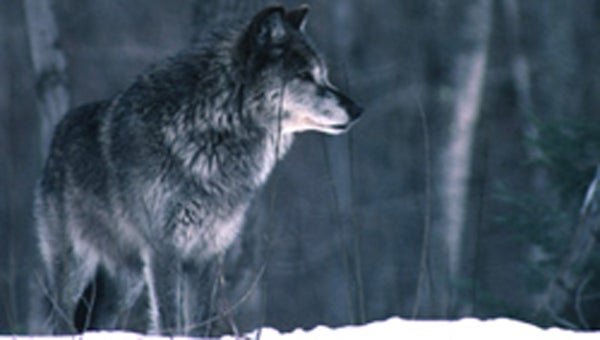House approves gray wolf hunt
Published 3:45 pm Thursday, December 13, 2012

On Wednesday, the Michigan House of Representatives approved a bill designating the once-endangered gray wolf as a game species by a vote of 66-43.
Those wanting to hunt gray wolf in Michigan could soon get their wish.
On Wednesday, the Michigan House of Representatives approved a bill designating the once-endangered gray wolf as a game species by a vote of 66-43.
The Senate already approved the bill by a vote of 23-15 Nov. 29. The bill will now go back to the Senate for approval of changes made by the House. If it passes the Senate, the bill will await Gov. Rick Snyder’s signature.
The bill would allow a commission to establish “the first open season for wolf” and “establish annual wolf hunting seasons throughout the state.”
The bill says the sound management of wolf populations in the state is necessary to minimize human and wolf encounters and to prevent wolves from threatening or harming humans, livestock and pets.
In order to hunt a wolf, a person would need to acquire a wolf-hunting license. The fee wolf hunting would be $100 for residents and $500 for nonresidents.
According to the Michigan Department of Natural Resources, wolves are native to Michigan and were once present in all counties.
The species remained unprotected in Michigan until the state Legislature granted full legal protection in 1965. The federal government listed the gray wolf as endangered under the Endangered Species Act in 1973, when the Michigan wolf population was estimated at only six animals in the Upper Peninsula, along with an isolated population on Isle Royale.
Through recover efforts, the wolf population in Michigan has exceeded 200 for more than a decade.
The state Legislature removed wolves from the state list of endangered species in April 2009, and reclassified wolves as a protected, nongame species. In January of this year, the U.S. Fish and Wildlife Service removed wolves in Michigan, Wisconsin and Minnesota from the federal endangered species list and returned management authority to the state level.






